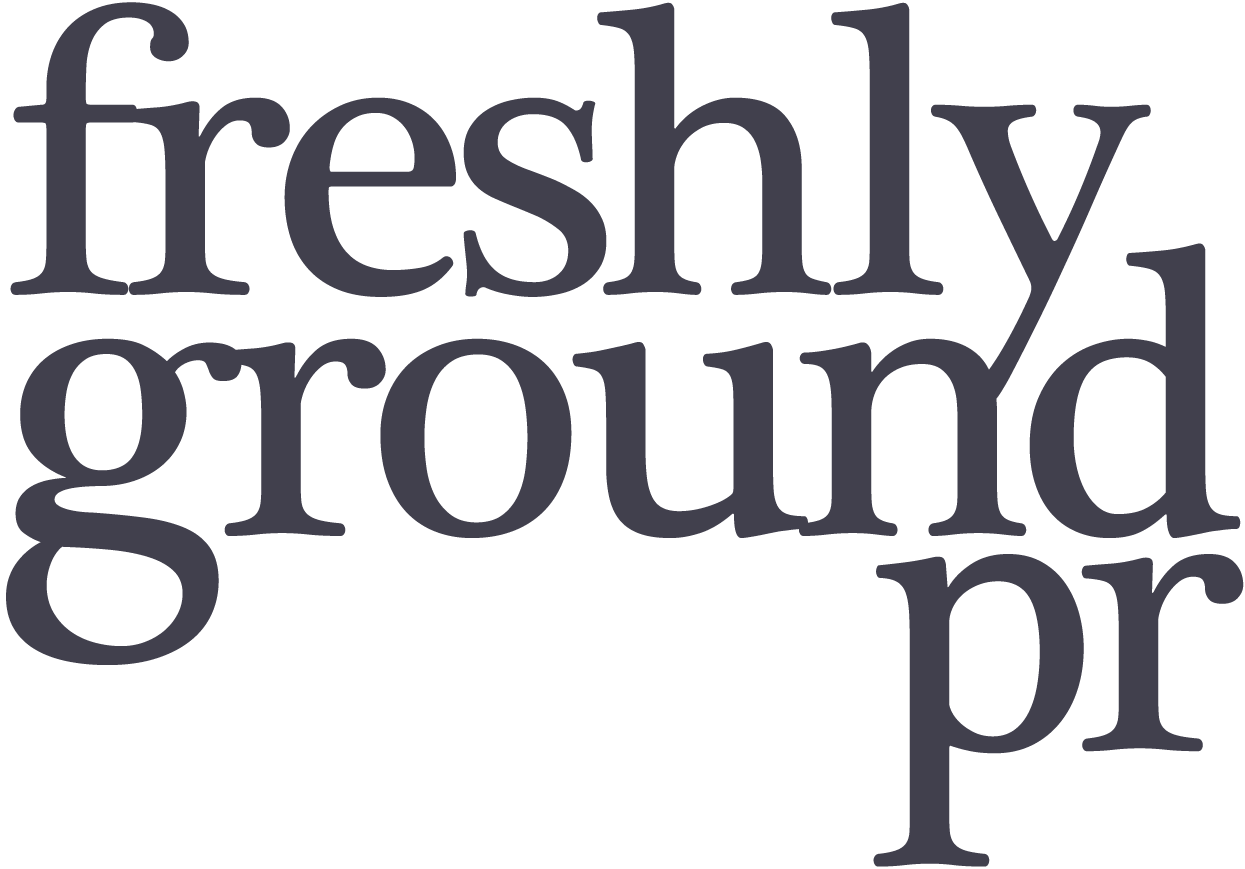Guild of Fine Food publishes Deli Retailing Code of Practice
The Guild of Fine Food has published its Deli Retailing Code of Practice, the first ever comprehensive guide on technical and regulatory matters designed specifically for the day-to-day needs of specialist food and drink retailers.
Developed by the Guild of Fine Food, the deli sector’s trade body, and food experts at Cornwall Council, the Code will sit alongside and supplement the Food Standards Agency’s generic Safer Food, Better Business (SFBB) advice. Split into three main sections – Food Safety Essentials, Good Hygiene Practices and Trading Standards – the Code is intended as a one-stop reference guide for deli teams, providing the guidance to ensure that both compliance and best practice standards can be achieved in all areas of fine food retail.
Having identified a number of recurring themes within the disputes and misunderstandings between its members and their local Environmental Health Officers, the Guild of Fine Food has sought to provide a clear point of reference on these common issues. While helping to avoid the risk of any enforcement action being brought against deli owners, the Code will also give retailers the confidence not to be over-cautious in their displays and allow items such as raw-milk cheeses and air-dried meats to be presented to customers with confidence.
Featuring up-to-the-minute guidance on all technical and regulatory matters affecting delis, including the new UK GI schemes that were launched in January following the UK’s exit from the European Union, the first edition of the Code also provides advice on how to prepare for upcoming regulatory changes, such as the introduction of ‘Natasha’s Law’ in October 2021.
The advice within the Code has been “assured” by Cornwall Council, and forms part of a Primary Authority partnership between the Council and the Guild of Fine Food. Guild-member retailers in England and Wales are opted into the Primary Authority partnership at no extra cost. If these delis follow the advice in the Code, it will be the first point of reference in any dispute with enforcement officers and offer insurance against time-consuming and disruptive disagreements.
Karen Price of the Guild of Fine Food, who is leading the project, said:
“This is essential information about processes and procedures involved in running a deli that all retailers should know and be following. It includes food safety essentials, good hygiene practices and up-to-date trading standards, as well as answers to questions that the Guild encounters regularly, and also offers retailers protection in cases where EHOs may not fully understand the nuances of fine food retail.”
John Farrand, managing director of the Guild of Fine Food, commented:
“We identified a critical need for this guide, driven by significant confusion in the deli world between retailers and their EHOs. The Guild insisted that a marker be put down on an agreed-upon set of standards that in turn encourages safer retailing. It’s about how products are stored and sold and giving the retailer knowledge on how they are made. It gives us a standard to adhere to across the industry so that customers are sold food that is safe and in the right condition to enjoy. This is a living, breathing piece of work and through our technical committee, we will study objections, queries and legislation changes from either EHOs or retailers and update the Code.”
The Deli Retailing Code of Practice is available in PDF format and can be requested by emailing support@gff.co.uk. The Code is free to Guild of Fine Food members and can be purchased by non-members for £250+VAT.
For more information about the Guild of Fine Food, visit gff.co.uk.

